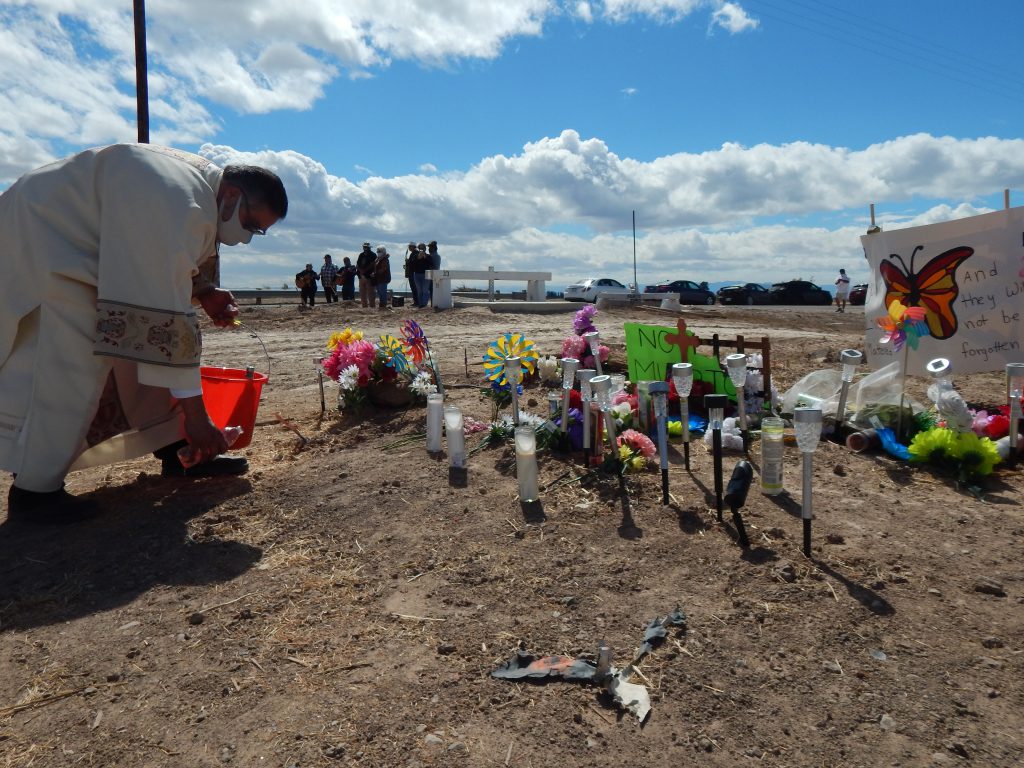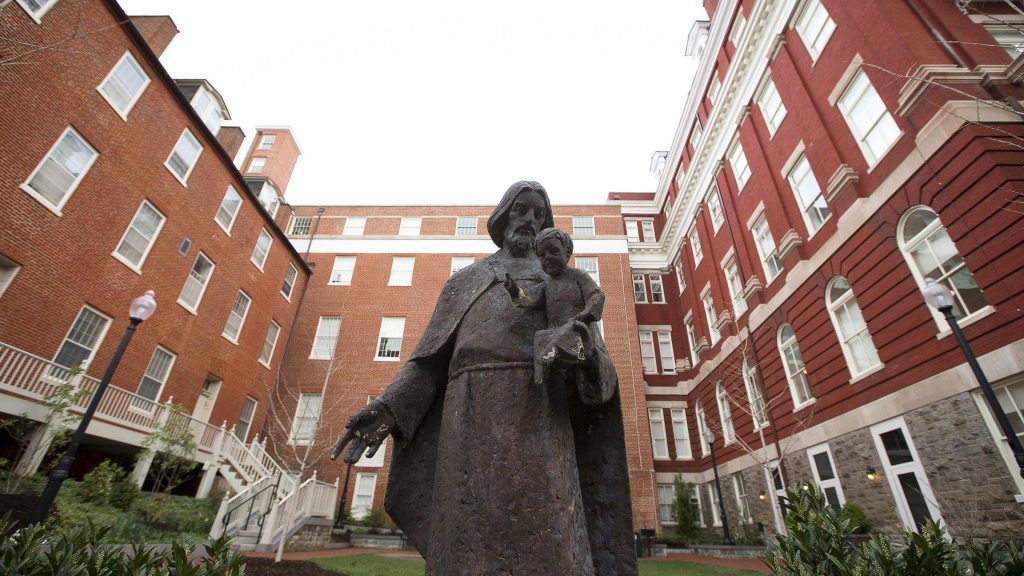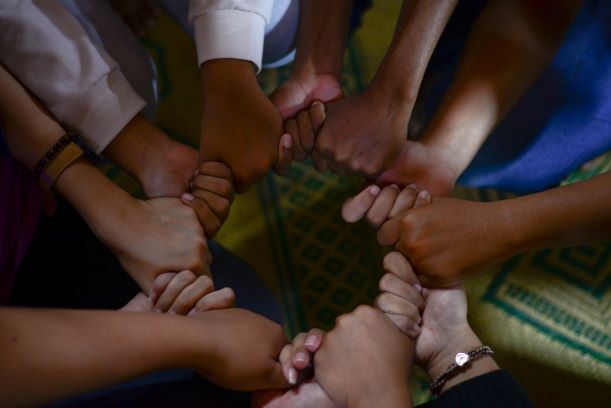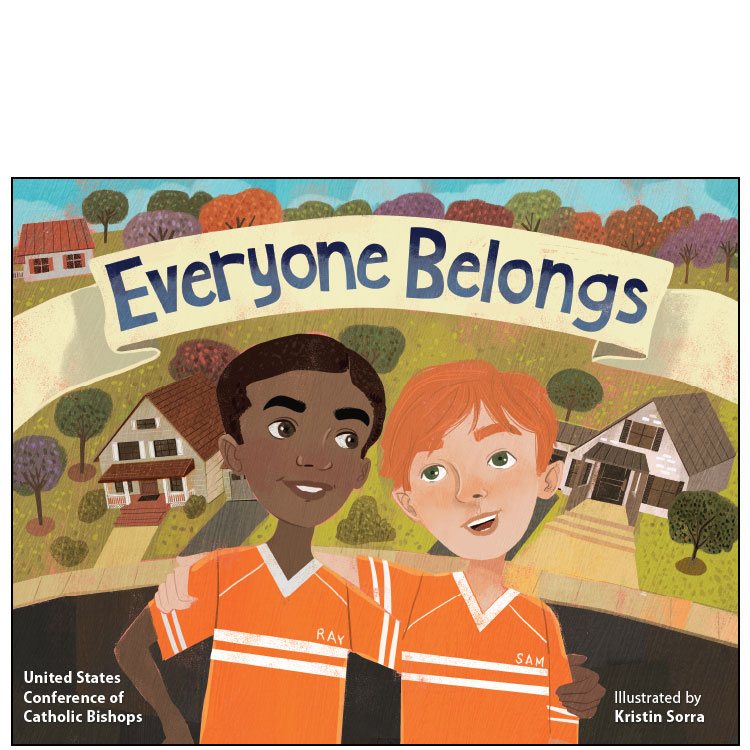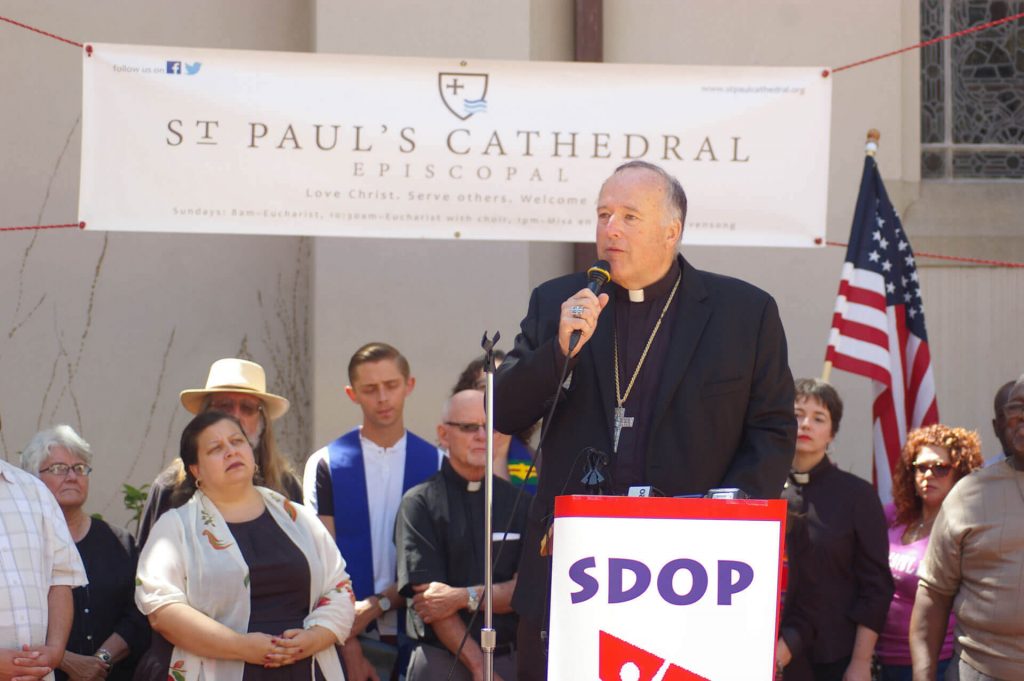SAN DIEGO — The San Diego Diocese plans to hold a virtual forum on Feb. 10 exploring the experience of immigrants and refugees in the Church, particularly around the issue of racism. It will be the latest in a series called “My Church, My Story” that shares the perspectives of ethnic and racial communities.
In 1910, Europe was home to about two-thirds of all Catholics, according to the Pew Research Center. By 2010, only about a quarter of all Catholics lived there, with the greatest growth occurring in Sub-Saharan Africa and the Asia-Pacific region. Over time, millions of these faithful have made their way to the U.S.
Catholics born outside of the U.S. made up 27 percent of the nation’s Catholic population, according to a 2014 study.
One of the coordinators of the forum said it’s vital to present the voices of immigrants and refugees.
“They reveal a unique perspective about a group of people with a rich global history, extremely hardworking, and deeply rooted in their faith,” said Semret Hailemariam. “By hearing these stories, we can provide a platform to correct stereotypes and prejudices and begin to build a community of healing, empathy and compassion.”
The goal of the series is to work within the local Catholic community to root out racism in parishes and the diocese.
Hailemariam and her family came to the U.S. as refugees from Eritrea, located in Eastern Africa. Eritrean immigration to the U.S. began in the 1970s and 1980s, when war brought drought and famine to that nation. As a result, more than 700,000 Eritreans left their homeland and resettled in neighboring Sudan and across Europe and the U.S.
Catholic Charities organized sponsors for thousands of Eritrean refugees to start a new life in the U.S. In the early 1980s, the first wave of these immigrants arrived locally, settling in the City Heights and Southeastern San Diego neighborhoods, she said.
For the last 36 years, members of the Eritrean community have assembled at Our Lady of the Sacred Heart Catholic Church on the first Saturday of every month to worship in their Tigrinya language and Ge’ez Rite Liturgy.
The coordinator said it’s important for the broader Catholic community to understand the immigrant/refugee experience. Racism to them looks different than it does to other people of color in the U.S., she said. Many refugees have endured so much, like famine, war, torture, and death of loved ones, she added, that “when you ask them about racism, in comparison to what they have already endured, it doesn’t compare. Thus, they dismiss it or excuse it or internalize it.”
The forum exploring the experience of immigrants and refugees will be on Feb. 10, at 6:30 p.m., via Zoom. Registration is available on the page sdcatholic.org/racism, which has videos of previous forums and Catholic resources about racism.





